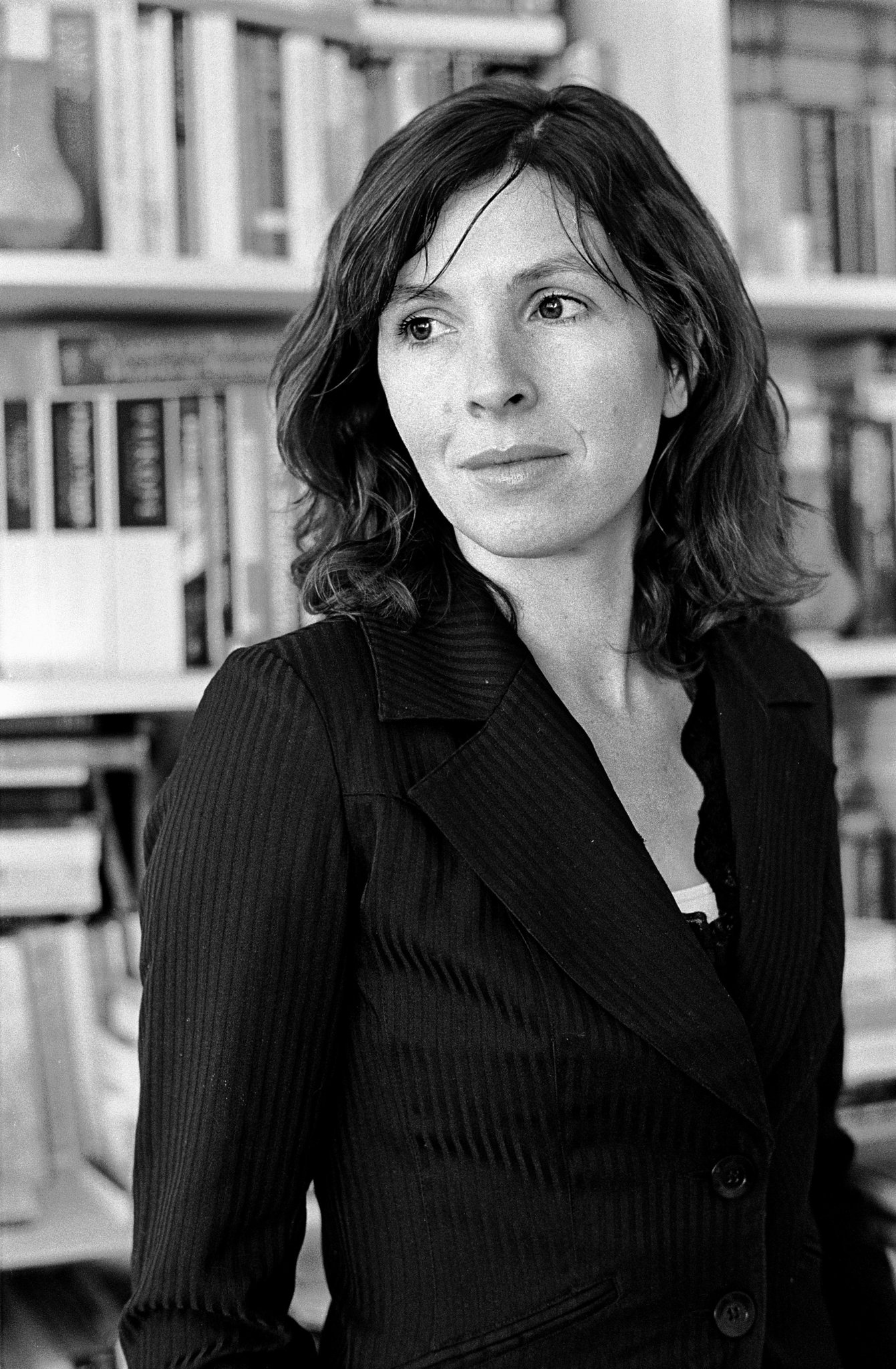
In the luminous swirl of literary creativity, Rachel Cusk presents her latest masterpiece, Parade. Known for her eloquent prose and incisive ability to slice through societal veneers, Cusk’s newest exploration delves adeptly into the realms of motherhood intertwined with the pursuit of artistic expression. As New York City serves as a backdrop to countless tales of artistry and parenting, Cusk’s narrative resonates thoroughly with the sophisticated reader.
Parade is not merely a novel; it is a profound commentary packaged in subtlety and complexity. Cusk effectively uses her narrative prowess to initiate a dialogue about the pressures and paradigms anchored to maternal identity. The text shuns the simplistic glorification of motherhood’s rigors, addressing instead the nuanced reality faced by those who balance their creative endeavors with maternal duties. The portrayal is profoundly sympathetic, recognizing the immense labor of mothers without adorning it with unwarranted heroism.
The thoroughness of Cusk’s observation places Parade at a distinguished point amidst contemporary literature on motherhood and creation. Here, the streets of New York, often depicted next to towering canvases or the whispered discussions in galleries, find a novel echo in the every day challenges and triumphs of her characters. Her expertise in capturing the often understated moments of emotional weight makes each page a reflection, a pause, an acknowledgment of the myriad ways art and life intercept and interlace.
Rachel Cusk, a laureate of precision, does more than tell a story. She invites her readers – the discerning, the cultured, and the inquisitive – into a meditation on existence. Here, in the space where paint meets canvas, where the cries of children might mingle with the strokes of a brush, Cusk orchestrates a symphony of the authentic, the brutal, and the beautiful. Parade is a testament to her unwavering commitment to dissecting the human condition with an elegance that is both rare and essential.
In a city that breathes personal ambition and collective history, Rachel Cusk’s Parade offers a fresh lens through which we view our own lives and the art that both imitates and transforms it. New York City, a ceaseless parade of art and aspiration, finds a mirror in Cusk’s words, challenging us to look deeper and appreciate the tangled, often overlooked threads of motherhood and artistic creation.